Articles
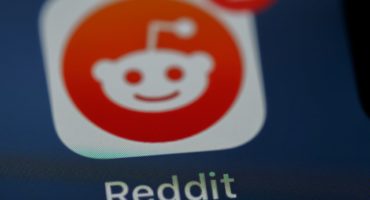
Reddit’s Initial Public Offering (IPO) Hits $6.4bn, Priced at Top of Range
Discover the latest on Reddit's $6.4bn IPO, pricing its shares at the top range. Explore the platform's journey, challenges, and AI-driven prospects.
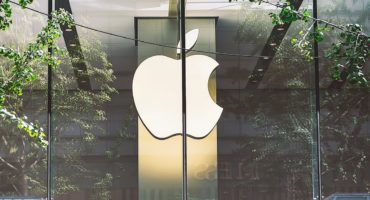
Apple reportedly in talks with Google for Gemini-powered feature on iPhones
Apple & Google in talks to bring Gemini AI to iPhones! This partnership could revolutionize mobile AI features, but questions remain about company culture and competition.
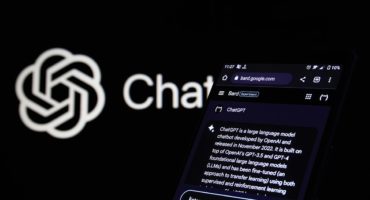
ChatGPT Unveils Enhanced Memory and Controls, Redefining User Interaction
Explore ChatGPT's latest update featuring enhanced memory and user controls, revolutionizing AI interaction for seamless, personalized conversations.
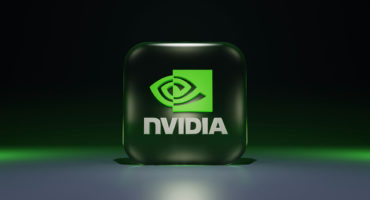
Nvidia Introduces Chat with RTX: Your Local AI Chatbot for PC
Discover Nvidia's Chat with RTX, a groundbreaking AI chatbot for your PC, revolutionizing data analysis and content creation with local processing capabilities.
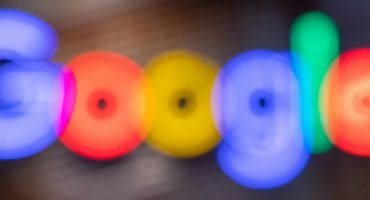
Google’s Strategic Shift: Embracing a Future Beyond Search Dominance
Explore Google's strategic shift towards embracing a future beyond search dominance. Learn about its investments in voice search, AI, and emerging technologies.

Generative AI and Copyright Law: What is the Future of Intellectual Property?
US Copyright Office says AI-generated works cannot be solely machine-made. Human involvement in selection or arrangement allows copyright protection. Concerns exist over infringement and impact on artists.
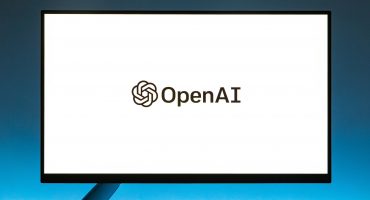
Introducing ChatGPT Business: OpenAI’s New Subscription Tier for Enterprise Customers
OpenAI introduces ChatGPT Business, a subscription tier for enterprise customers, following the success of ChatGPT's fast-growing consumer application. New privacy controls added.
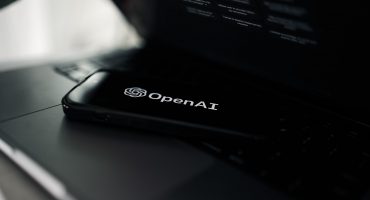
Government’s efforts to regulate AI tools: a global overview
Governments worldwide are seeking to regulate AI use, with Australia, UK, China, EU, France, Italy, Japan, Spain and US taking action.
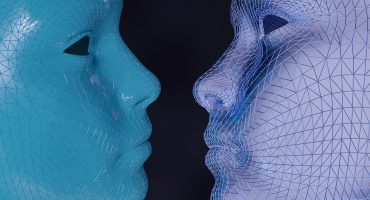
Bill Gates: Calls to Pause AI Won’t Solve Challenges
Microsoft co-founder Bill Gates opposes calls to pause AI development, advocates for identifying tricky areas and using AI for philanthropy.
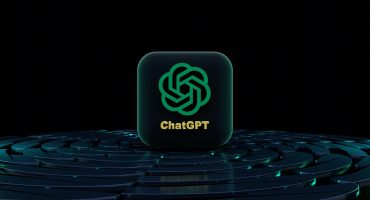
OpenAI’s GPT-4 Release Sparks Advocacy Group’s Call to Halt Commercial Launches
Advocacy group calls for FTC to prevent OpenAI's commercial launch of GPT-4, citing bias, lack of transparency, and risk to privacy and safety.

OpenAI’s ChatGPT Can Now Browse the Web with Plugins
OpenAI's ChatGPT can now browse the web with plugins, including a code interpreter and collaborators, but web-browsing plugin comes with risks.
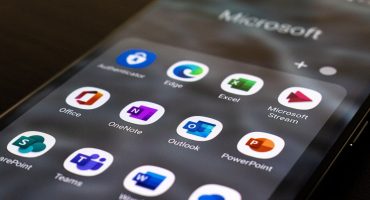
Microsoft Embeds ChatGPT-style Tech into Microsoft 365 with Copilot
Microsoft revolutionizes work with Copilot, an integration of ChatGPT-style tech into Microsoft 365, providing summaries, presentations, and data analysis.